While plenty of rest, exercise, and eating right are among the most recommended solutions for supporting longevity and aging gracefully, many researchers recommend additional help. There is evidence that adding supplements to a healthy diet and exercise routine can support healthy aging. In particular, certain vitamins for longevity facilitate the anti-aging process. Together, these efforts can keep you healthy and lively for many years to come. As you age, your body begins producing fewer of the vital compounds once created in abundance in youth. In addition, it becomes more difficult for the body to digest food and absorb dietary sources of these compounds in your later years. For some, life saving medications can interfere with absorption. For others, diet may be to blame. As people age, they tend to eat much less food and often make different food choices than they did in their youth. That could mean a serious deficit in important vitamins and minerals that help the body function. With the help of supplements, you can support your overall health while aging. Supplements can enhance the absorption of critical compounds that keep you healthy throughout your life. Better yet, maintaining vital nutrients can help you live a longer life. That’s why you should begin considering supplements and vitamins for longevity as soon as you are in your 30s and continue throughout your life. Studies have shown that certain nutrients are particularly essential for healthy aging, as they can reduce the risk of certain diseases and health issues such as stroke, broken and fractured bones, macular degeneration, prostate cancer, and more. Many of these are antioxidants, which can protect the body’s cells against the free radical molecules that contribute to serious diseases like heart disease and cancer. There are nine leading vitamins, minerals, and other nutrients that are linked to healthy aging and a reduction in disease risk. These include: Each of these has distinct functions within the body to help support healthy aging. Low levels of folate can increase both colon cancer and cardiovascular risk. Conversely, healthy levels of folate help promote cell growth and facilitate protein metabolism. While pregnant women often supplement folate to help prevent neural tube defects, it may be beneficial to take folate later in life. In particular, folate is key in memory processes. Supplementing folate may help reduce memory loss, combat the forgetfulness associated with aging, and aid in the cognitive functions necessary for speech. Often called “vitamin sunshine,” this vitamin is necessary for the body to absorb and use calcium. Aside from assisting with calcium absorption, vitamin D also aids the nerves, muscles, and immune system. While you can naturally boost vitamin D production by spending time in the sun, as you get older, it is harder for your body to achieve adequate levels. Many Americans are already deficient in vitamin D, and a supplement version is often necessary later in life. As mentioned above, calcium should be consumed in conjunction with Vitamin D so that it’s more fully absorbed by the body. Calcium promotes healthy nerve cells, muscles, and blood vessels but is especially known for promoting healthy bone density and preventing broken or fractured bones. As you age, your gait may slow, and you may even begin to shuffle more than you used to. Frequently, vision also becomes impaired with age. An increased risk of falls and predictors of falls involves all three of these factors. Many aging adults aren’t getting enough zinc in their daily diets. Zinc can help to slow the progression of debilitating macular degeneration. It can also help protect your senses of taste and smell and can help in the fight against inflammation and infection. The body doesn’t naturally produce zinc, so many people will require zinc supplementation. Beta carotene is not a vitamin or mineral but is instead a pigment found in many edible plants. Like zinc, beta carotene can slow the progression of macular degeneration, boost immune function, and aid in lung function. It can also help to protect the body from free radicals, which can cause severe damage to cells. Vitamin E is another helper that slows the progress of macular degeneration. It can also help to decrease the risk of prostate cancer, regulate inflammation, and boost immune function. The immune system plays an increasingly vital role as you age, and helping it function properly should be a priority. Free radicals have been linked to early aging, and vitamin E is key in protecting cells against them. Lycopene is an incredibly potent antioxidant and is one of the most protective against free radicals. As with vitamin E, lycopene can help to protect against prostate cancer, and it can also promote a healthy heart. Cardiovascular health is incredibly important as you age, as a healthy cardiovascular system has been linked directly to healthy aging. Magnesium is an incredibly critical component in the production of protein and bone cells, both of which aging bodies struggle to produce. It also assists in keeping blood sugar stable and can help relieve headaches, constipation, and cravings. Magnesium facilitates many of the most critical biochemical functions within the human body, so having an adequate supply is essential. Many medications can cause a magnesium deficit, so aging individuals often benefit from supplementation. Vitamin B12 assists in the creation of nerve cells and blood and contributes to the maintenance of the central nervous system. Unfortunately, B12 deficiency is said to happen in up to 20% of elderly persons. As the body ages, it has a much more difficult time absorbing B12, which is what leads to this dangerous deficiency. Vitamin B6 helps the body make energy and also assists in the fight against pathogens, keeping the immune system functional and healthy. B6 has been linked to reduced cardiovascular disease risk and may also be linked to inflammation reduction and reduced cancer risk. As the body cannot make B6 on its own, supplements may be necessary to ensure you achieve the levels of B6 necessary for proper functioning. In recent years, probiotics have become a major buzzword in the wellness and medical fields—and for a good reason. Gut health is incredibly important for both longevity and healthy aging, and probiotics can help to support a healthy gut. They do so by preventing issues like diarrhea and have also been linked to allergy protection. Aging adults often take medications that can affect gut health, and probiotics can help. Omega-3 fatty acids are a vital component of cell membranes that are essential to cell signaling. Maintaining enough omega-3s ensures proper hormone production to help prevent debilitating diseases like Alzheimer’s, macular degeneration, and arthritis, all health issues that frequently plague older populations. Omega-3s can also help prevent stroke, heart disease, and rheumatoid arthritis and may even help protect our bodies against cancer. The body doesn’t make omega-3 fatty acids on its own, and supplementation can help you ensure you are receiving enough of these vital nutrients. Aside from the vitamins and nutrients listed above, there are many other supplements that can help promote healthy aging and longevity. Consider whether these supplements may help ensure you remain healthy. NMN, or nicotinamide mononucleotide, is a critical compound that can promote a healthy aging process. As an oral supplement, the body absorbs NMN quickly and then converts it into NAD+, which is linked to many important parts of our body’s operating systems. This compound is essential for DNA maintenance; unfortunately, our bodies only have a finite amount, meaning that our resources are limited. Supplementing NMN can be a valuable way to achieve healthy aging. One of the top vitamins that help with longevity and aging is slow-release vitamin C. Vitamin C has long been touted as an important antioxidant to protect against free radicals, but recent studies have shown that slow-release vitamin C may be better for the body. The trouble with regular vitamin C supplements is that much of the excess vitamin is lost in the urine. Slow-release supplements ensure you only get the amount you need and prevent loss of excess vitamin C in the urine. Green tea extract is another antioxidant that helps in the protection against free radicals. Reducing free radical damage can help prevent serious diseases like heart disease and cancer and may also help eliminate toxins. Green tea extract is rich in other bioactive compounds and is available as a capsule. If you’re looking for a supplement with anti-aging benefits, resveratrol is an excellent choice. It can help the skin maintain a youthful appearance but also acts as an antioxidant. Resveratrol may even activate some genes that may slow the aging process. The recent declaration of aging as a disease means that more critical research regarding resveratrol’s ability to combat this disease is likely imminent. Curcumin is another important supplement you can take to support your body as you age. Curcumin is an incredibly powerful antioxidant that helps the body fight the dangerous inflammation that can cause pain, diabetes, heart disease, arthritis, Crohn’s disease, and more. Among these other benefits, curcumin can also help with memory. Curcumin is an active component of turmeric that has long been used in eastern medicines as a powerful medicine and health tool. As you age, it may take more than a healthy diet and exercise to maintain your health and increase your lifespan. In fact, the right combination of supplements and vitamins for longevity can help you replenish nutrients. To continue to age in a healthy fashion in your later years, it’s important to promote the regeneration of your body’s most important systems. That’s why healthy aging is about far more than appearance—it’s critical to support your heart health, immune system, and more. Start taking better care of your body and mind today—begin a healthy supplement regimen to stay healthy well into your future. For more information about anti-aging supplements, consult Compounding Pharmacy of America or visit our vitamin and supplement shop. Chief Operating Officer, The Compounding Pharmacy of America Matthew Poteet, Pharm.D. graduated with Honors from Lee University with a Bachelors of Science in Biological Science. After his undergraduate training, he completed the Doctor of Pharmacy program at Mercer University Southern School of Pharmacy, graduating in 2004. Dr. Poteet has spent much of his pharmacy career on staff at two of the most prestigious academic teaching hospitals in the Southeast; Emory University in Atlanta and Vanderbilt University Medical Center in Nashville. At these institutions he received extensive experience and training in sterile products compounding. He returned home to East Tennessee in 2010, where he has held the position of Pharmacy Director at two sterile products pharmacies in Knoxville. Matthew lives in Knoxville with his wife, Chris. Dr. Poteet is Tennessee’s first Board Certified Anti-Aging Pharmacist by the American Academy of Anti-Aging Medicine.Should You Take Vitamins for Longevity?
What Nutrients Do You Begin to Lose as You Age?
Folate
Vitamin D
Calcium
Zinc
Beta Carotene
Vitamin E
Lycopene
Magnesium
Vitamin B12
Vitamin B6
Probiotics
Omega-3s
How to Supplement Vitamins for Longevity
Nicotinamide Mononucleotide (NMN)
Slow-Release Vitamin C
Green Tea Extract
Resveratrol
Curcumin
Find Supplements and Vitamins for Longevity and Healthy Aging
Sources:
![]()
Vitamins for Longevity and Youth
Some links on this page are affiliate links that may save you a bundle OFF normal pricing due to select partnerships. This adds ZERO cost to you, and can only pass potential savings. We may receive a commission if you make any purchases through these links. It’s a win-win! See our full disclaimer here.
Methyl Folate
Calcium Citrate
Vitamin E
Magnesium Glycinate
Vitamin B12
Nicotinamide
Vitamin C 1000 mg
Vitamin C 1000 mg
Resveratrol
Turmeric


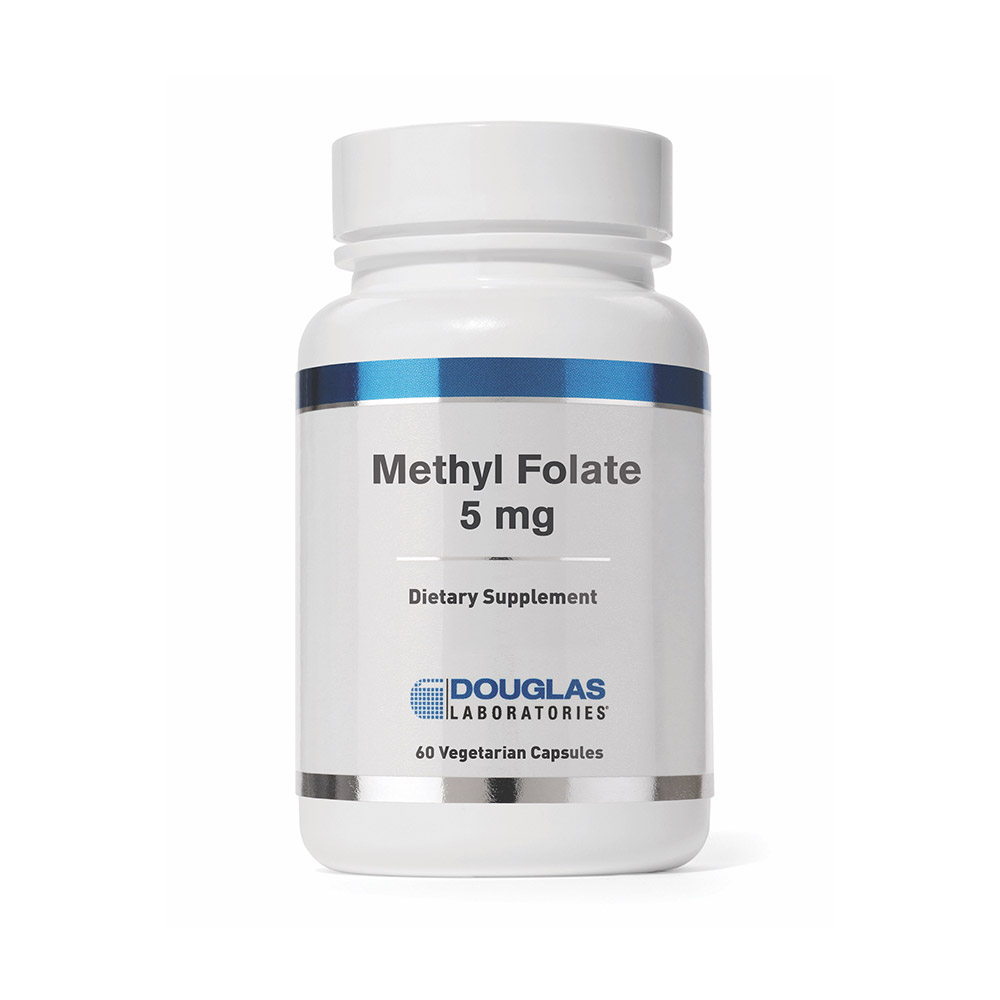
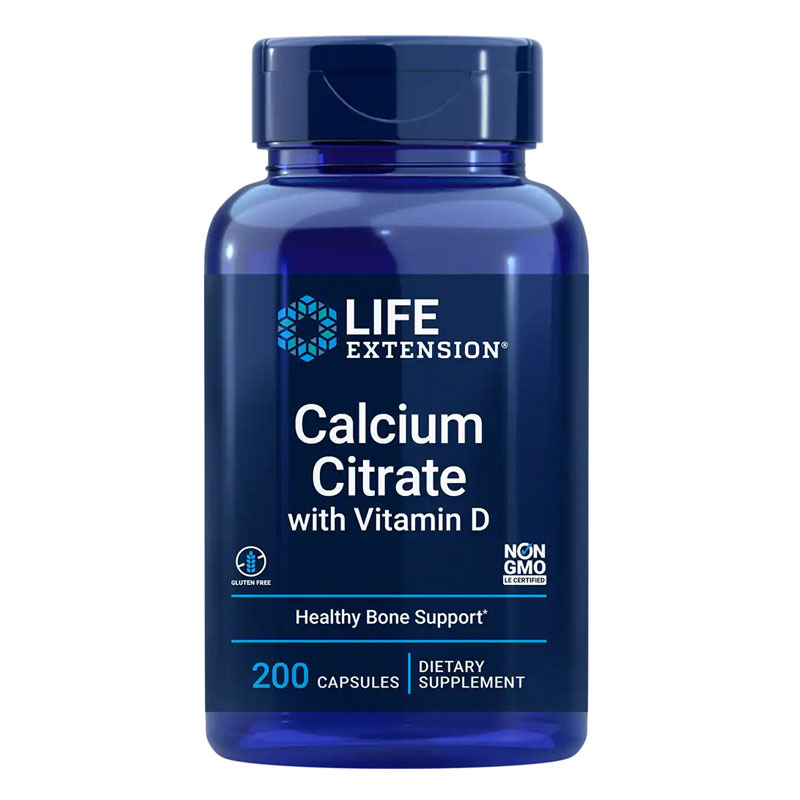
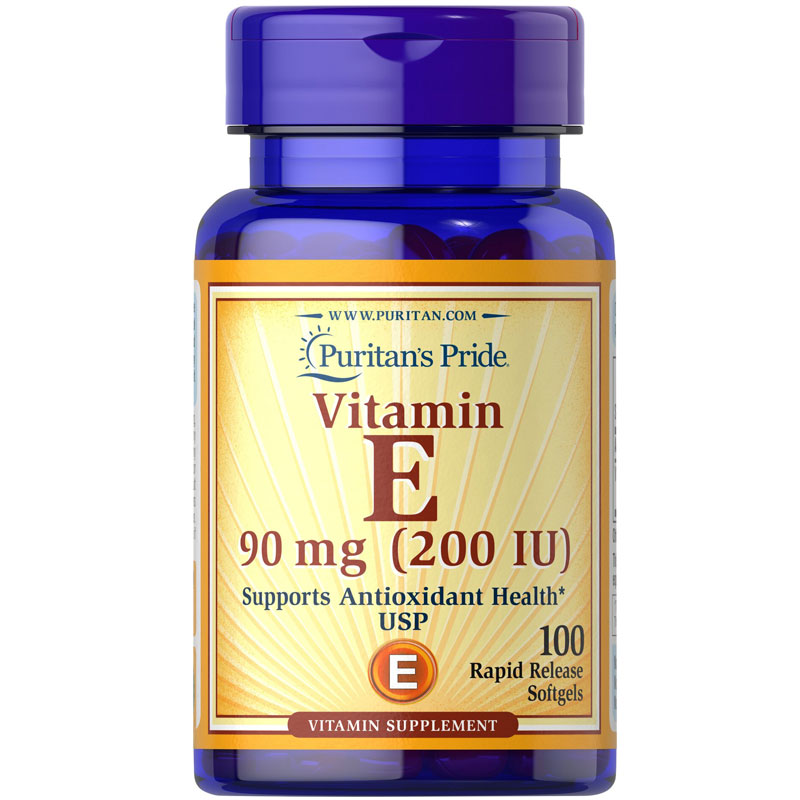
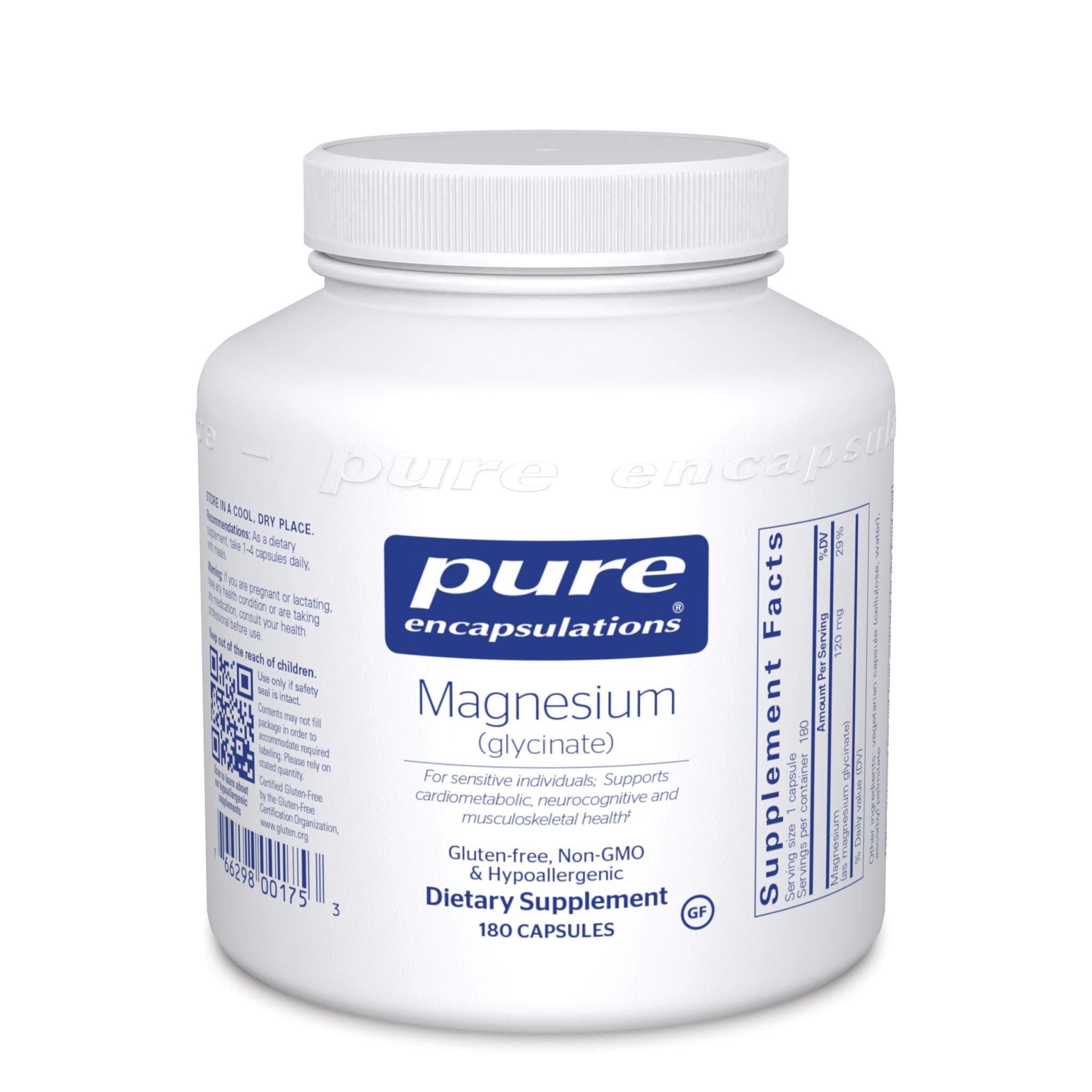
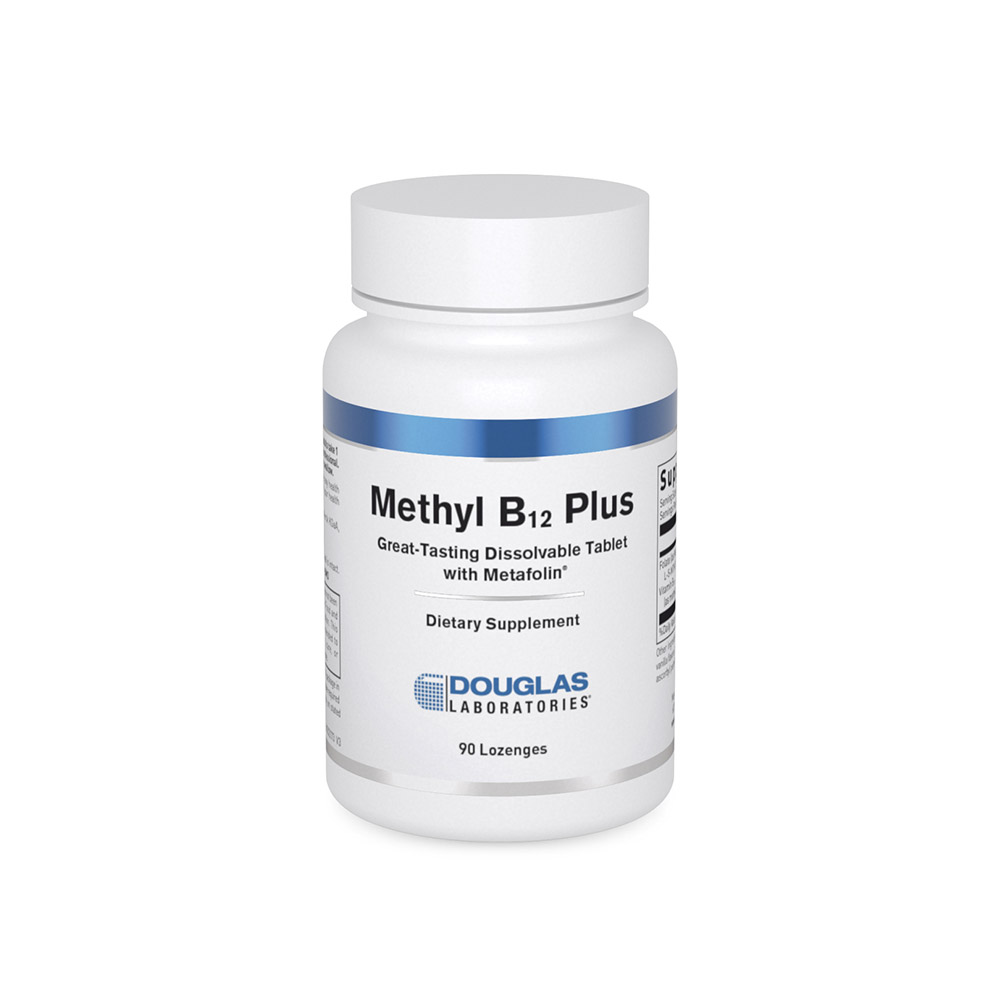

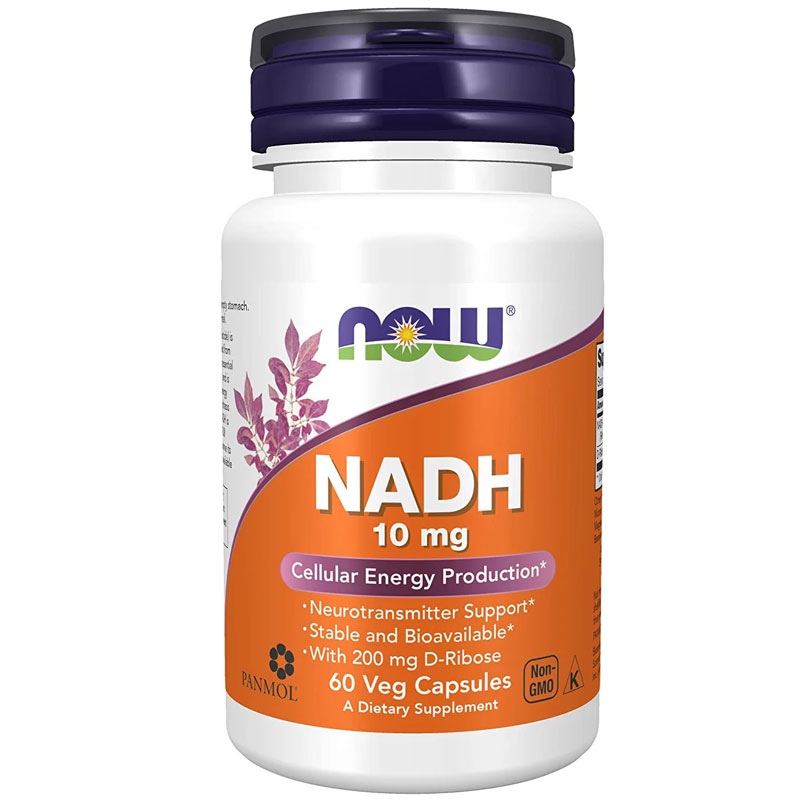
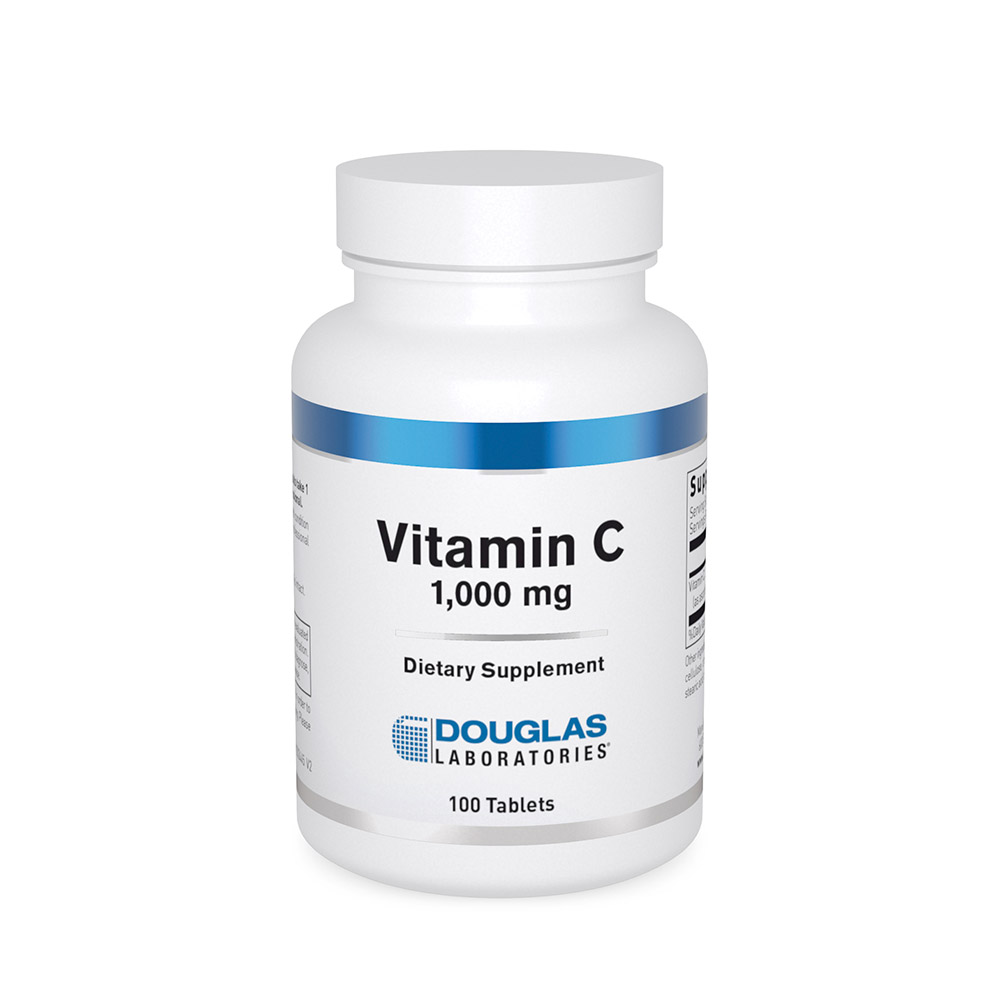
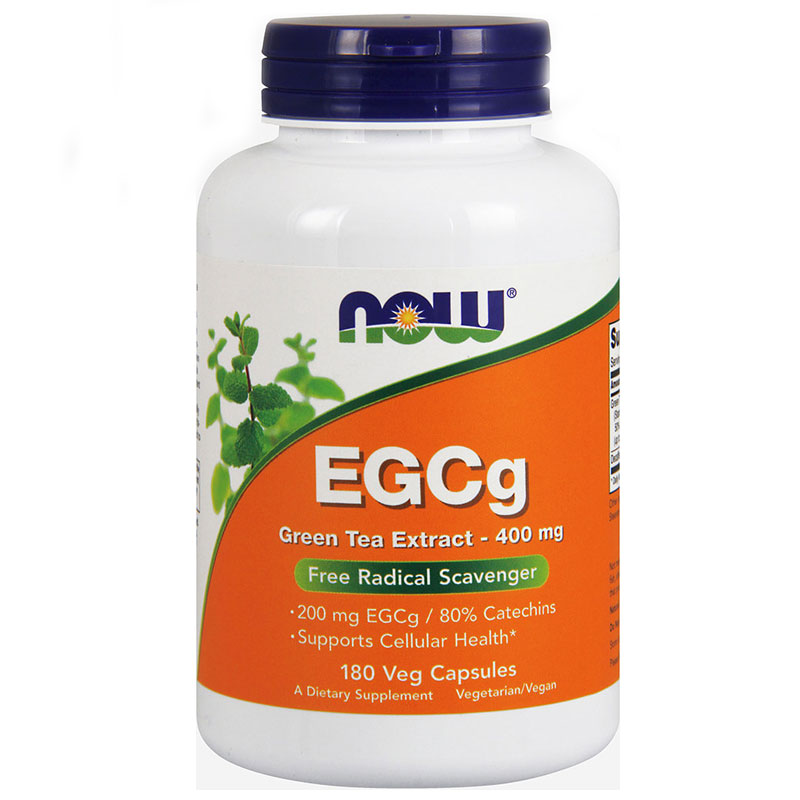
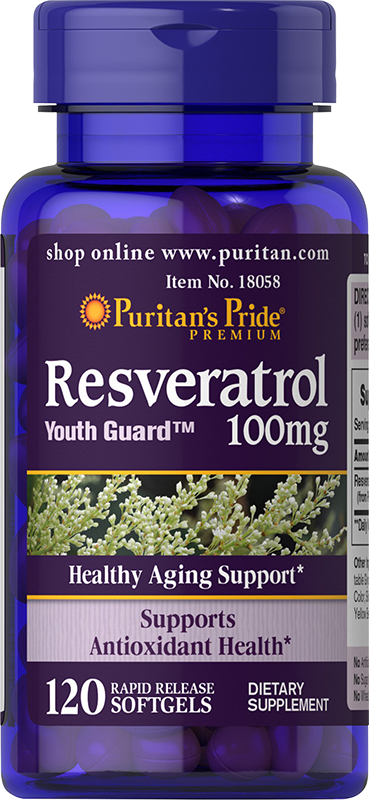
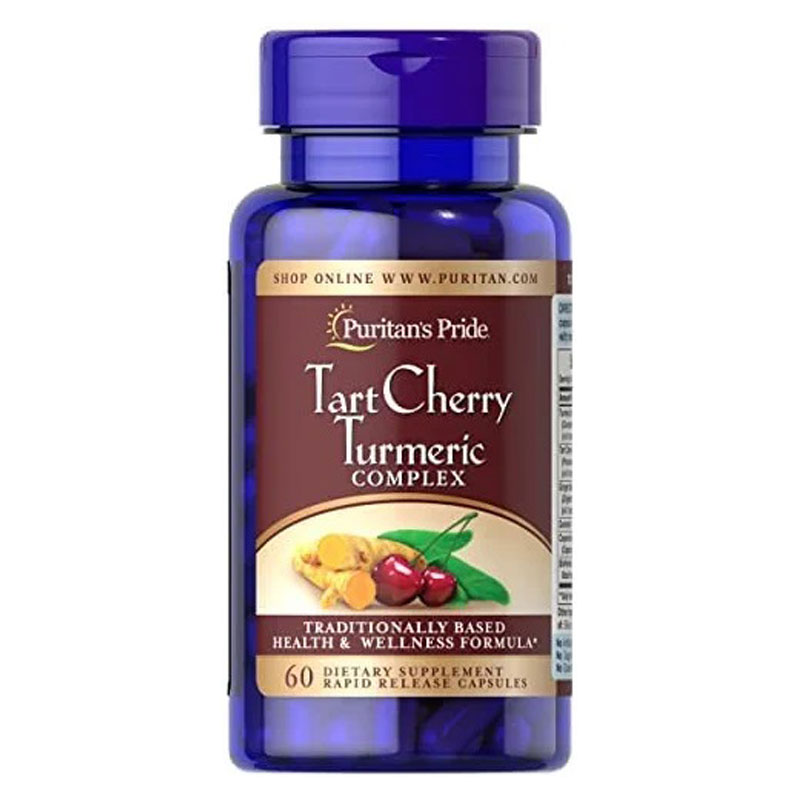
 Subscribe to Our Newsletter
Subscribe to Our Newsletter


